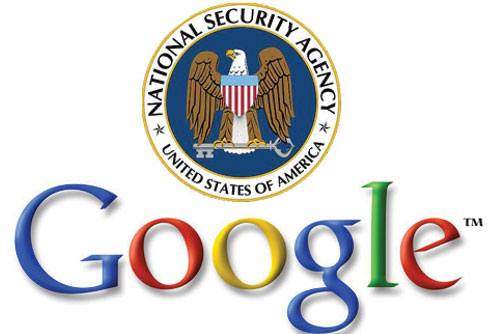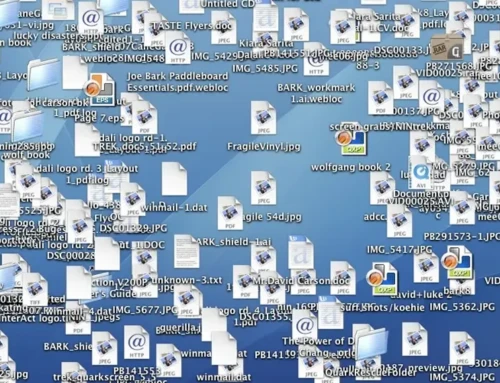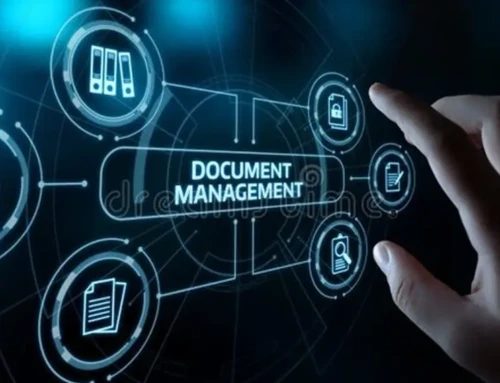The past couple of weeks have seen some very interesting revelations in the legal world involving emails.
First, Google states in legal pleadings before a court that there is no expectation of privacy by users of Gmail. While we all may have guessed that is the case, especially with the notion that the NSA is snooping around our email traffic, I really did not expect to see Google admitting that in such a public forum.
So, now that the cat is out of the bag those of us who communicate in confidence with our clients should be rethinking those email transmissions. Many legal practitioners have fallen prey to the ease and convenience of using email to communicate with clients. Will a notice in the fee agreement be sufficient to protect the lawyer should a client’s most deepest darkest secrets find themselves blasted across the internet by Wikileaks? That is a question best taken up soon in to take up with your state bar associations.

Then, E-discovery heavy-weight Judge Shira A. Scheindlin issued sanctions against a company that failed to keep its former owners’ emails from a year before litigation was filed. Because the company had been put on notice of the possibility of a lawsuit, the duty to institute a litigation hold arose, according to Judge Scheindlin in Sekisui v. Hart, 12-cv-03479 (S.D.N.Y Aug. 15, 2013).
For only the third time in more than 4000 cases heard by the Judge, she issued these type of sanctions:
“When evidence is destroyed intentionally, such destruction is sufficient evidence from which to conclude that the missing evidence was unfavorable to that party.”
That type of “adverse inference” instruction could easily tip the balance of the entire litigation. So, beware. Failure to maintain all the records of your organization whenever there is a reasonable anticipation that litigation will ensue can seriously damage even the best of cases.









